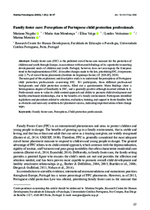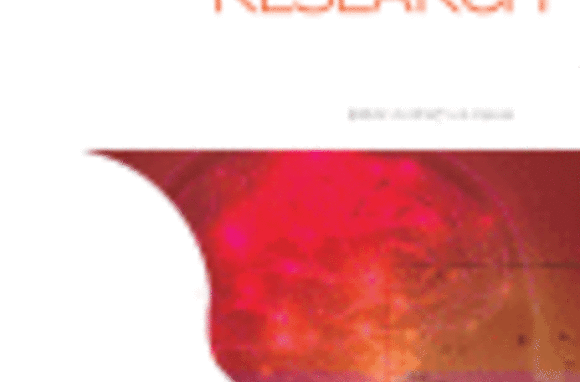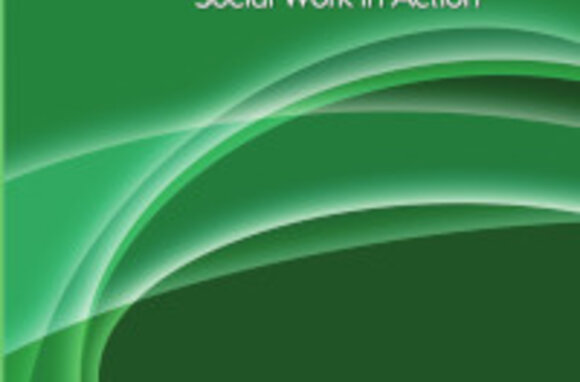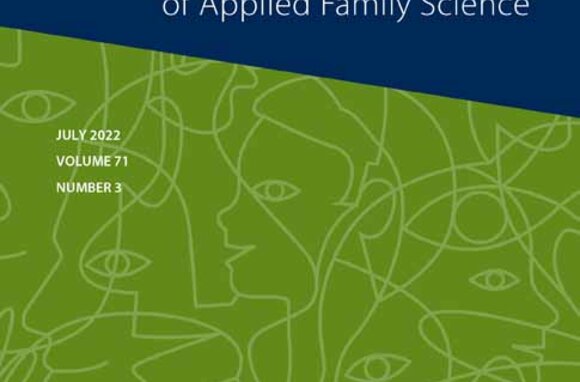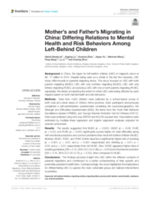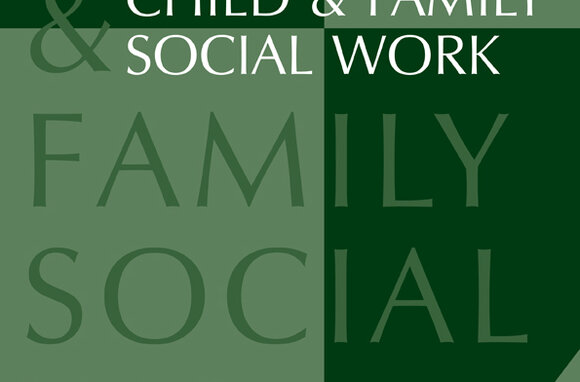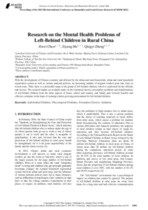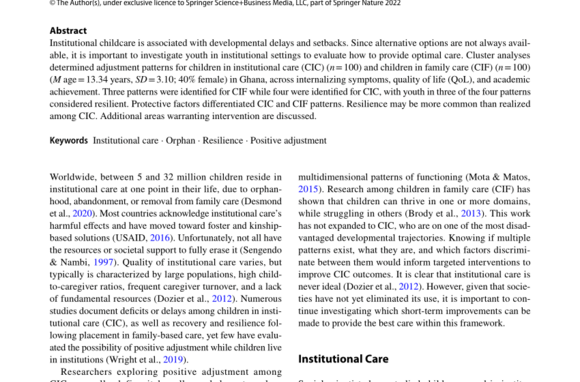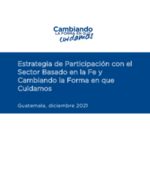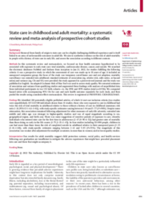Family Foster Care: Perceptions of Portuguese Child Protection Professionals
The main goal of this exploratory and descriptive study is to understand the perceptions of Portuguese child protection professionals concerning Family foster care. 101 participants, from different professional backgrounds and child protection contexts, filled out a questionnaire. Main findings show a heterogeneous degree of familiarity to FFC, and a generally positive although reserved attitude to it.

